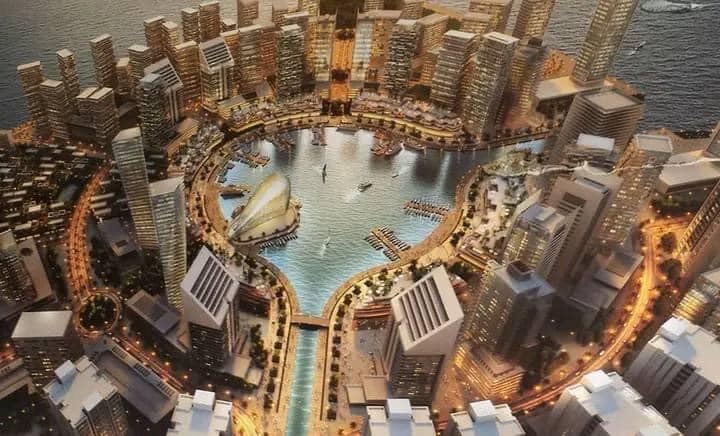The allure of ‘blue tourism’ is captivating—a realm entwined with coastal marvels, aquatic treasures, and maritime marvels that beckon adventure seekers to explore Africa’s vibrant aquatic landscapes. Defined as tourism centred around coastal regions, cruising, and beaches, ‘blue tourism’ reflects the pulsating vitality of the ‘blue economy’, encapsulating the conservation, rejuvenation, and exploitation of aquatic resources.
Africa’s coastal and marine tourism emerges as a pivotal economic force, with breathtaking coastlines and accessible aquatic gems contributing significantly to several nations’ economic tapestries. According to the Organisation for Economic Cooperation and Development (OECD), efficient management and sustainable resource exploitation from oceans, seas, lakes, and rivers—constituting the ‘blue economy’—have immense potential to bolster the global economy.
Last year, Nairobi, Kenya, became a hub of knowledge as experts, government officials, environmental advocates, policymakers, and academics convened for the Sustainable Blue Economy Conference, underscoring the continent’s commitment to leveraging its aquatic potential.
Navigating the Depths: Opportunities in Africa’s Blue Economy
Dr. Bernice McLean of the African Union Development Agency highlights the vast opportunities nestled within the blue economy, emphasising the pivotal role ports play in enhancing business networks. Strategic coordination and integrated national policies, she notes, can set in motion a transformative cycle, birthing new avenues for job creation and heightened well-being.
In Africa, the blue economy wields significant influence, generating nearly US$300 billion and fostering 49 million jobs. The coastal zones alone contributed 56% of GDP in West Africa, with projections foreseeing a soaring growth to US$405 billion by 2030. This surge, bolstered by coastal tourism that alone is estimated to yield US$100 billion, promises to generate 57 million jobs, positioning Africa’s blue economy as a global contributor when effectively managed.
Charting New Horizons: Benefits and Opportunities
The blue economy serves as a catalyst for sustainable development, encompassing tourism, fishing, aquaculture, maritime transport, renewable energy, biotechnology, and more. This realm teems with opportunities to invest in Africa’s local communities, fostering employment for all demographics while propelling economic activity. Moreover, it aids in infrastructural development, conserving natural environments and cultural legacies, and combating poverty and inequality.
Navigating Turbulent Waters: Challenges and Solutions
Despite the promising vistas, Africa grapples with significant challenges hindering the blue economy’s effective execution. Weak marine policies, inadequate ocean governance, and unsustainable practices, including IUU fishing and unregulated tourism, pose risks.
Plastic pollution emerges as a critical concern, with Africa projected to become the largest contributor to mismanaged plastic waste by 2060. Aquatic plastic pollution adversely affects economic sectors such as fisheries, tourism, and shipping, necessitating robust waste management strategies.
Oil spills, a looming threat, cast shadows on marine ecosystems and human health. Countries rich in oil, like Nigeria, face perils when mishandling this resource, risking aquatic habitats and human health and hindering economic activities such as coastal tourism.
Illegal and unsustainable fishing looms large, jeopardising fish stock sustainability. Ineffective regulations, inadequate enforcement, and insufficient data impede local communities from harnessing the economic benefits and food security that fisheries promise.
Sailing into a Sustainable Future
The allure of Africa’s blue tourism persists, teeming with opportunities that promise economic prosperity, employment, and sustainable development. To navigate these waters successfully, robust policies, innovative strategies, and collaborative efforts are imperative, steering Africa towards a thriving and sustainable blue economy that beckons adventurers, conserves environments, and enriches lives.


